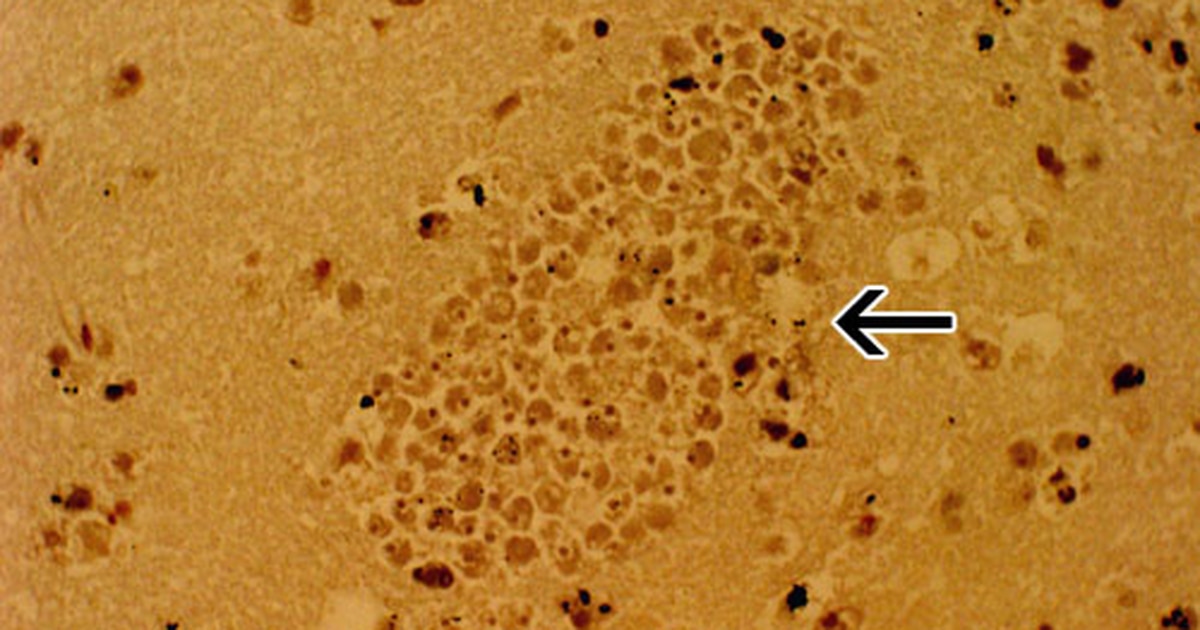Infection
Georgia resident dies from rare brain Infection likely after swimming
A Georgia resident has died from a rare and usually fatal infection caused by an amoeba that destroys brain tissue, the Georgia Department of Public Health said Friday. The individual was likely infected while swimming in a freshwater lake or pond in an undisclosed location in Georgia.
DPH did not disclose the age, identity or residency of the victim. Also undisclosed was if and where the victim was treated and how long after exposure death occurred.
Naegleria fowleri is an amoeba, a single-celled living organism, that lives in soil and warm, freshwater lakes, rivers, ponds, and hot springs. DPH noted Naegleria fowleri is not found in salt water and is not found in properly treated drinking water and swimming pools.
The organism is commonly called the “brain-eating amoeba” because it causes a brain infection — primary amebic meningoencephalitis (PAM) — when water containing the amoeba goes up the nose. DPH noted the amoebae cannot infect people if it is swallowed and the infection is not spread from person to person. Only about three people in the United States get infected each year, but infections are usually fatal.
A 2-year-old boy died last week in Nevada from an brain infection caused by the same amoeba. Nevada’s Division of Public and Behavioral Health said it believes the boy was exposed at Ash Springs, a natural hot spring located in Lincoln County.
Georgia public health officials would not disclose details of where the Georgia victim was exposed. DPH spokeswoman Nancy Nydam said in an e-mail, “If we say it was in a specific body of water, it may not be there today. Additionally, we run the risk of giving a false sense of security that it is only that particular body of water when it could be anywhere.”
Naegleria fowleri infection typically begins with severe headache, fever, nausea and vomiting and progresses to stiff neck, seizures, and coma. Symptoms usually begin about five days after infection but can start within 1 to 12 days. Once symptoms start, the disease progresses rapidly and usually causes death within about five days.
The amoebae are naturally occurring and there are no routine environmental tests available for Naegleria fowleri in bodies of water. Because it is very common in the environment, levels of the amoebae that naturally occur cannot be controlled. The location and number of amoebae in the water can vary over time within the same body of water.
Prior to this newly confirmed case of Naegleria fowleri infection, there have been five other cases reported in Georgia since 1962.
Though the risk of infection is low, DPH said those swimming in recreational water should always assume there is a risk when they enter warm fresh water. DPH said the swimmer can reduce the risk by limiting the amount of water that goes up the nose.
The Centers for Disease Control and Prevention recommend the following precautions:
• Avoid jumping or diving into bodies of warm freshwater, especially during the summer.
• Hold your nose shut, use nose clips, or keep your head above water when in bodies of warm fresh water.
• Avoid putting your head under water in hot springs and other untreated geothermal waters.
• Avoid digging in, or stirring up, the sediment in shallow, warm fresh water. The amoebae are more likely to live in sediment at the bottom of lakes, ponds, and rivers.
This is a developing story. Return here for more.

